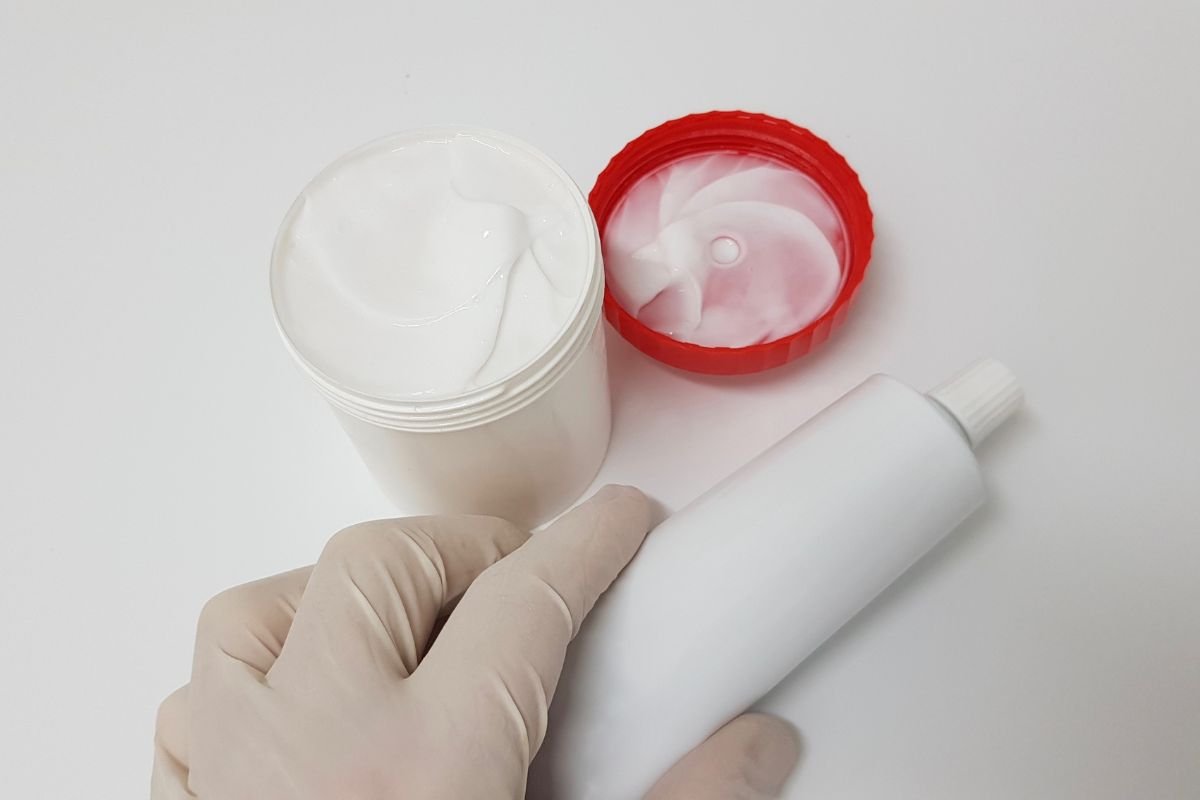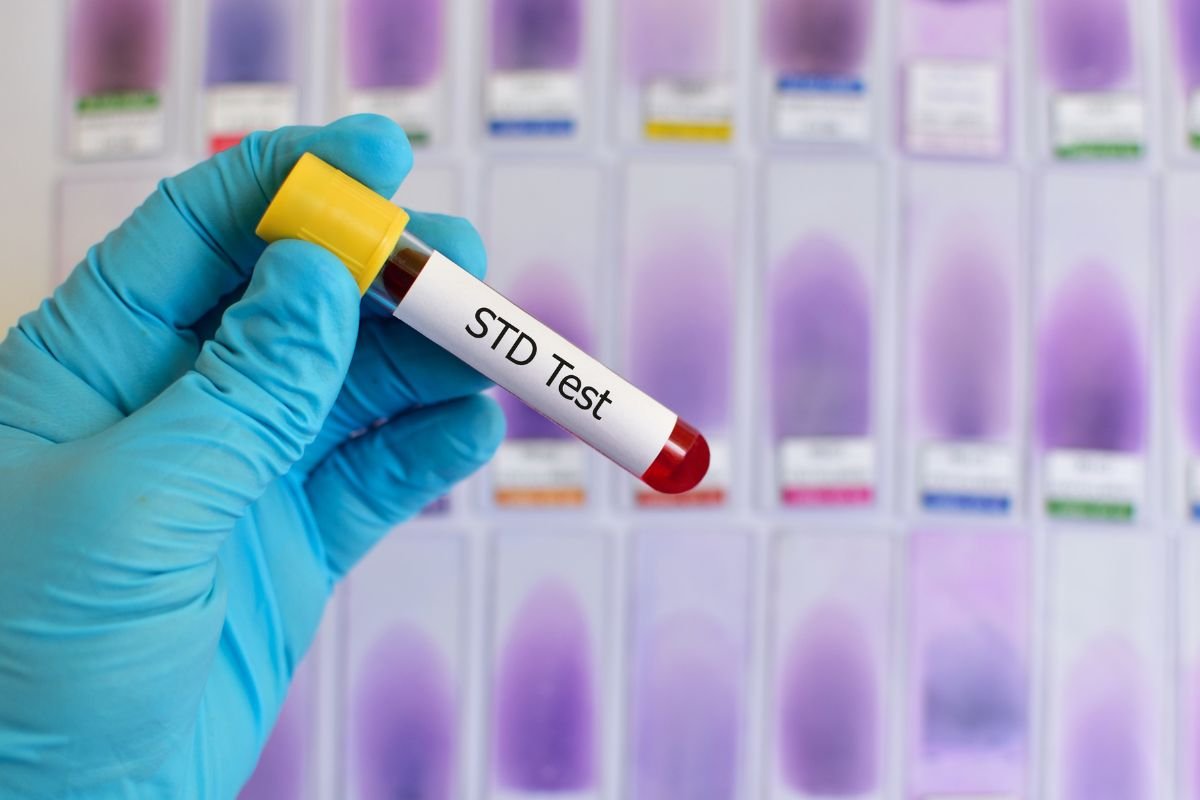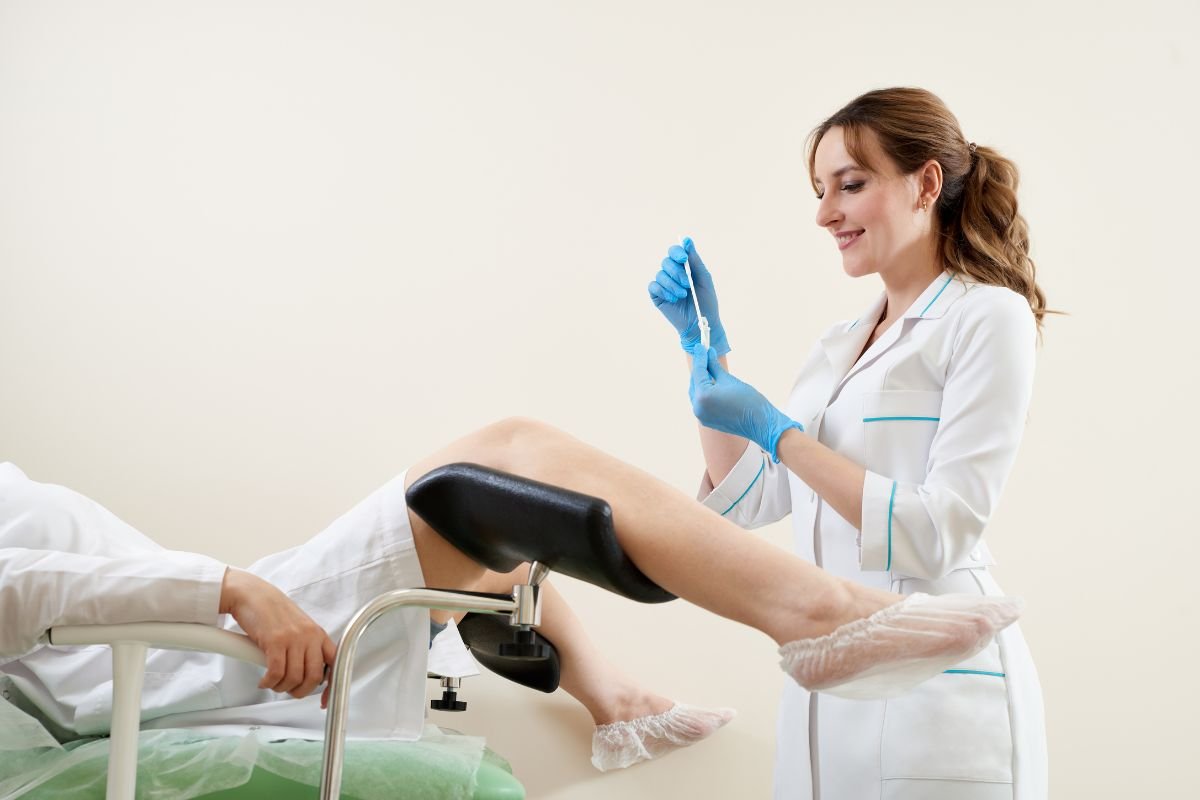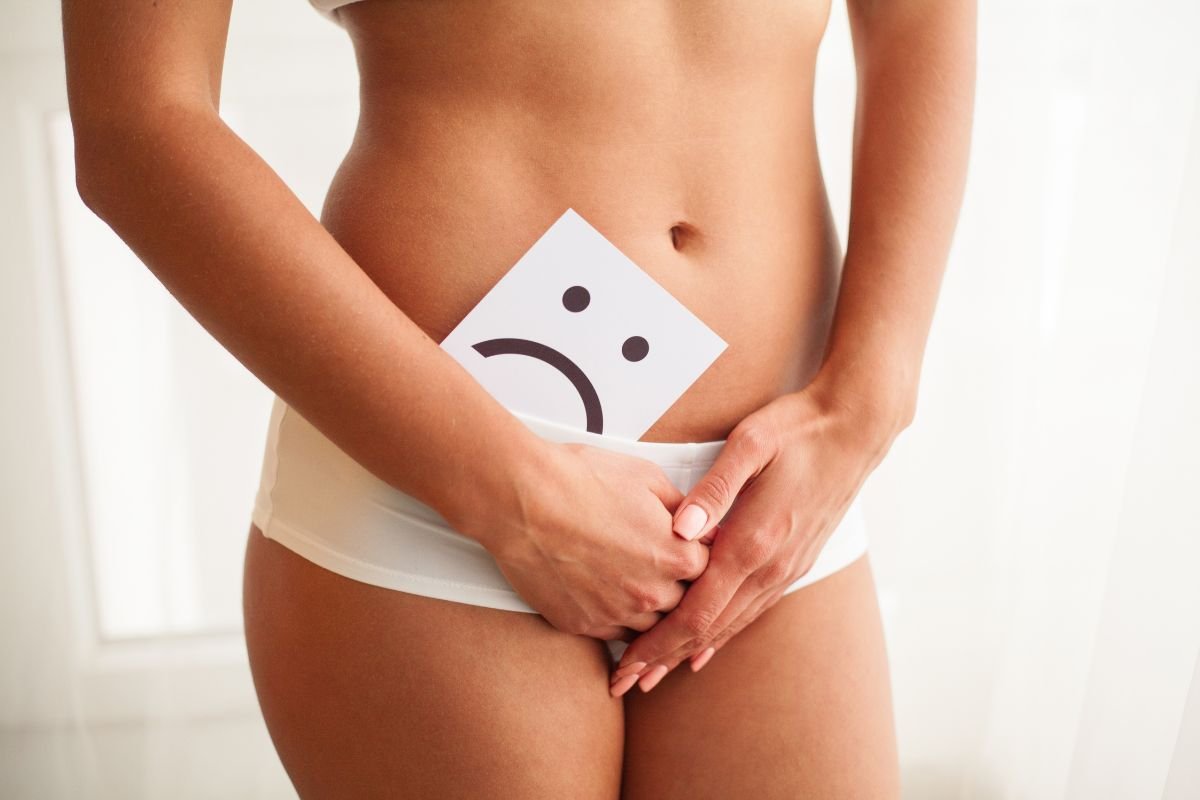Have you ever used yeast infection cream and felt a burning sensation? If yes, you are not alone. Many people have had this experience and wonder why their cream is burning.

More often than not, the burning is perfectly normal and nothing to worry about; however, there can be underlying conditions that should be addressed.
Yeast infection happens when an overgrowth of bacteria occurs in the body. This overgrowth can lead to redness, itching, and burning, in the vagina. As a result, many people turn to antifungal agents like creamy ointments to treat it.
The ingredients present in yeast infection cream can provide relief from symptoms, but also cause a burning sensation when applied on sensitive skin.
In this article, we will discuss why yeast infection cream burns and what precautions should be taken while using it for the treatment of Yeast infection.
What Are The Symptoms Of A Yeast Infection?
A vaginal yeast infection can cause a variety of symptoms, including itching and burning in the area around your vagina. The skin just outside your vaginal opening may become red, swollen, and itchy.
You may also experience pain when you pee or have sex. Your discharge may become thicker and lumpier than usual, but it shouldn’t smell different.
Not everyone experiences all of these symptoms or has the same symptoms.
What Causes Yeast Infections?
Vaginal yeast infections are caused when the bacteria in the vagina are out of balance. This can be due to a variety of factors, such as taking antibiotics or changes in hormones.
Antibiotics are used to treat infections in the body, but they also kill off the good bacteria that keep yeast levels in check. Without this good bacteria, candida can multiply and cause a yeast infection.
Pregnancy and other hormonal changes can also disrupt the balance of candida in your vagina, leading to an infection.
How Can You Prevent A Yeast Infection?
It’s important to maintain a healthy balance of bacteria in your vagina to prevent yeast infections from occurring. Eating probiotic-rich foods and avoiding sugary foods can help keep your vaginal flora balanced.
Wearing loose-fitting clothing and cotton underwear can also help reduce moisture and heat around your genitals, which can lead to an overgrowth of yeast.
If you do experience symptoms of a yeast infection, it’s important to see your doctor for treatment as soon as possible.
Why Do Yeast Infection Creams Burn?
Monistat is a popular drug used to treat vaginal yeast infections. It contains the active ingredient miconazole, which helps to kill the fungus that causes the infection.
However, some people may experience side effects such as mild itching, burning, or irritation when using it. This is because the mucous membrane of the vaginal area is very sensitive and can absorb chemicals from medicines applied to it.

The mucous membrane helps protect your vagina and vulva from damage by lubricating it and acting as a barrier to germs, but it can also be easily irritated by certain medications.
The burning or itching sensation you may feel when using these creams could be caused by an allergic reaction or irritation of the mucous membrane in your vaginal area.
If you experience any discomfort while using creams, it’s important to talk to your doctor about other treatment options that may be more suitable for you.
How Long Do Yeast Infections Usually Last?
Yeast infections are a common and uncomfortable problem that can affect both men and women.
Most yeast infections can be treated with medication, usually an antifungal cream or ointment, and will clear up within a few days.
However, it is important to use the medication as directed and not stop taking it too soon, as this could cause the infection to come back. In more severe cases, the infection may take longer to treat and may last for up to a week.
How Can You Help Treat A Yeast Infection From Home?
It is also important to practice good hygiene when dealing with a yeast infection.
This includes washing the affected area regularly with warm water and mild soap, avoiding tight clothing or underwear made of synthetic materials, changing out of wet clothes quickly after swimming or exercising and avoiding using scented soaps or sprays in the genital area.
Taking these steps can help reduce the risk of developing a yeast infection in the first place and ensure that any existing infections clear up quickly.
Which Is A More Effective Yeast Infection Treatment Cream?
When deciding which product is more effective for treating vaginal itching, it depends on what is causing the itching in the first place.
If you are experiencing local irritation not associated with a yeast infection, then Vagisil may be helpful in relieving symptoms. However, if you have a yeast infection, then Monistat would be more effective in curing the underlying cause of the problem.
Can Monistat Cream Cause A Burning Sensation?
Monistat is a popular over-the-counter medication used to treat vaginal yeast infections. While it is generally safe and effective, some people may experience burning or irritation when using the product.
To reduce the risk of side effects, it is important to use the combination pack that comes with external itch relief cream and follow the directions carefully.
Additionally, it is important to avoid scratching the area, as this can break the skin and worsen irritation.
Overall, mild burning or irritation when taking Monistat is normal and should not be cause for alarm.
However, if symptoms become worse or intolerable, it is important to stop taking the medication and seek medical help.
It is also recommended to speak with a doctor before using any over-the-counter medications in order to ensure they are safe and appropriate for your individual needs.
Final Thoughts
Yeast infection cream can cause burning or itching sensations due to an allergic reaction or irritation of the mucous membrane in your vaginal area.
If you experience any discomfort while using creams, it’s important to talk to your doctor about other treatment options that may be more suitable for you.
- Yeast Infection Vs Herpes - January 26, 2023
- How Long To Wait For Sex After Yeast Infection Treatment - January 26, 2023
- Yeast Infection Vs STD - January 26, 2023










